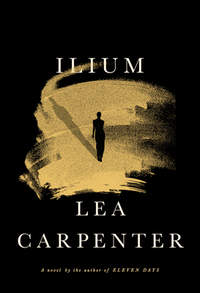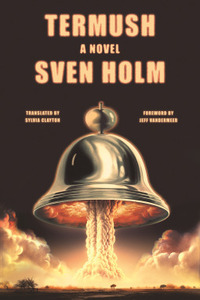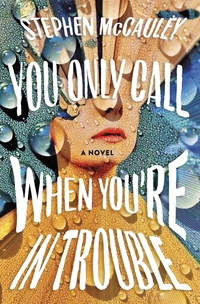Hero by Thomas Perry
 Monday, January 15, 2024 at 5:24AM
Monday, January 15, 2024 at 5:24AM 
Published by Mysterious Press on January 16, 2024
The setup to Hero is simple. Justine Poole (the name she adopted for work) is a bodyguard employed by a private security company in Los Angeles. Most of her clients are celebrities. While protecting an aging celebrity couple from a home invasion, she fights off five armed burglars and kills two of them. Painting her as a hero, the media would like to make Justine a short-term celebrity. Unfortunately for Justine, the man who employed the home invaders wants to send a message. He hires a skilled assassin to kill Justine.
It seems improbable to me that a criminal who hires flunkies to carry out home invasions would worry about adverse publicity when some of his flunkies are killed by a security guard. I wasn’t persuaded that the boss would worry that his reputation would be impaired because his flunkies screwed up. Still, the premise is necessary to set the action in motion and it’s no more improbable than the setups of most modern thrillers.
For reasons beyond her control, Justine is fired from her job. Her former colleagues are forbidden from contacting her. The assassin kills a couple of people she knows while trying to kill her. Justine can’t reach out to friends for help without endangering them.
The criminal mastermind orchestrates an unlikely public relations campaign that make the police unwilling to help Justine, even when they know a killer is pursuing her. Consequently, Justine must rely on her wits and training to elude a killer who seems to anticipate her every move.
Most of the novel consists of chases through buildings and streets in LA. They aren’t particularly original but they’re fun. Who doesn’t love a chase scene?
Justine manipulates a guy into giving her a short-term place to stay. The guy tries to manipulate her for reasons of his own. The novel seems to foreshadow Justine falling in love with him but, if that’s going to happen, it will happen after the story ends. I appreciated Thomas Perry’s decision not to let a cheesy romance get in the way of chases and shootouts.
Perry’s prose is efficient, the story moves quickly, and while Justine doesn’t have much of a personality, she doesn’t need one. She just needs to keep her wits about her long enough to survive. Hero is an unremarkable thriller, but it is entertaining. Maybe January isn’t the right month for a beach read, but thriller fans who can’t wait for summer won’t be disappointed if they read it now.
RECOMMENDED



